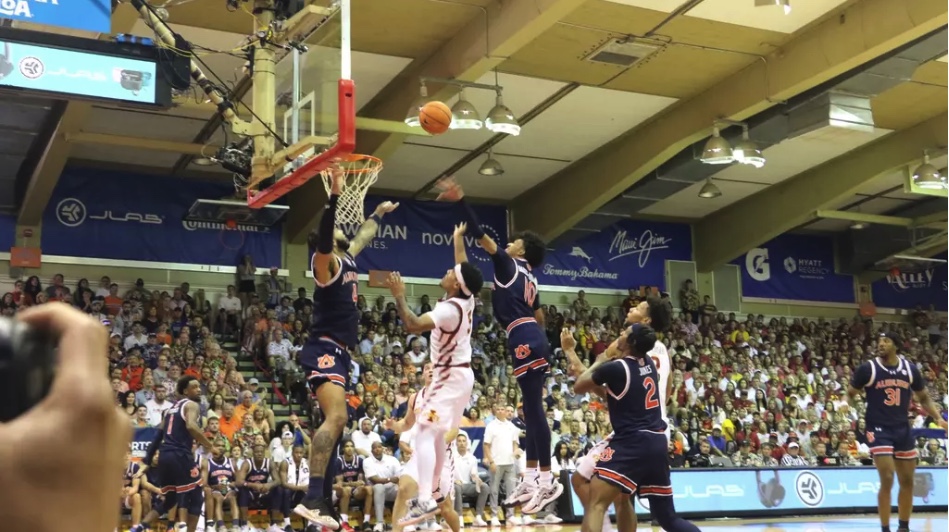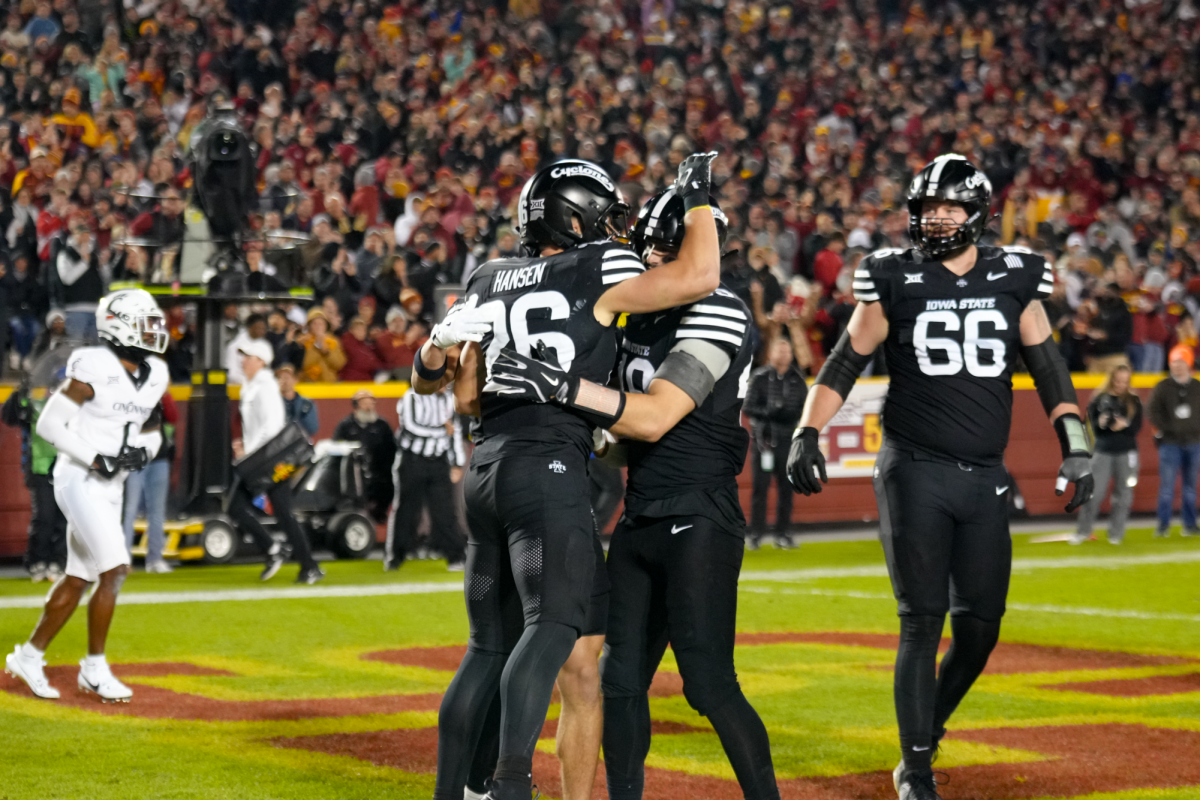COLUMN: Selective Service too selective for equality
July 23, 2003
As America’s presence overseas heightens, the Pentagon struggles
with the size of the military. Do we have as many troops as we need
or are the troops being spread too thin? Defense Secretary Donald
Rumsfeld and Pentagon officials are busy debating various
reorganizations of the military to best utilize the current state,
and are soon expected to approach Congress and request money for
expansion of worldwide troops.
Taxpayers opposing more spending suggest a reinstatement of the
draft. While there hasn’t been a draft since 1973, every worrisome
mother freaks out at the thought of her son being sent overseas as
rumors emerge of a Congressional attempt to petition for draft
reinstatement. Is it now time for a mother to dread her daughter
being called to duty, too?
One of the thoughts behind banning women from voting were that
they were not smart enough to make the decisions about important
elections. Women, however, wanted to prove the men wrong and show
they did pay attention to politics — they wanted to prove they
were smarter than the men gave them credit for. With Selective
Services, the logistics of male-only enrollment is that men are
better able to handle the emotional and physical strengths that
come with being a soldier. But instead of fighting the stereotype,
females go along with it because many women actually prefer to not
be included anyway. So, while the fight goes on against female
erotica publications and for gender equity in wages, women agree
with men and say they are indeed too weak to handle the
requirements of enrollment.
When all the guys started to get our Selective Services
registration reminders in high school, many of the girls I knew
breathed a sigh of relief at not having to register. The postcards
reminded the males of all the infractions we could face if we did
not register in time. Early registration was required if you want
to receive any federal financial aid. If you didn’t register within
a month, the threat of imprisonment and lofty fines loomed over us.
Yet, instead of yearning to be equal with their peers, females
rejoice at their exclusion from these harsh punishments. This is a
hypocrisy of the modern female — do they really want to be equal
to men, or do they just want to pick and choose their
equalities?
Should I feel guilty for believing women are as capable as men
of handling such a situation? Are others guilty for assuming that
women are not? Obviously, there are female soldiers in this day and
age. Women who are in the armed forces on their own merit have
proven they are as good as the men. But the argument remains, even
from women themselves, that both emotionally and physically a war
is too much for women to handle. I know women in the military who
can handle the demands of service and I know many others who,
although they aren’t in the military, would be able to. On the
other hand, I know men who faint at the sight of blood. There are
other men I know who wouldn’t be able to last through physical
training. Women have also come to stereotype men as bloodthirsty
killing machines who can handle the demands of the military. Women,
on the other hand, are deemed not able to handle such a task.
But you couldn’t tell Nicole Foley that — she is the only
female in a group of four students who has brought a lawsuit
stating the all-male Selective Services requirement is sexist. The
males in the lawsuit, including her brother Samuel Schwartz, argue
that the male-only stipulation is sexist and places an unfair
burden on males, regardless of their intentions of servitude. Foley
feels that the female exclusion is suggestive that the American
government believes that women are incapable of daunting military
service. Women become second-class citizens to men, and are deemed
weak and counterproductive to a war effort. She feels that she’s as
able as any male, and that the government is convincing many
females that they are incapable of making a difference. Their
father, Harvey Schwartz, is the attorney for the case. The teens
want the U.S. District Court in Boston to declare the male-only law
unconstitutional.
Many women shake their fists at nude magazines and television
shows they feel are stereotyping women, yet the American government
has told millions of teenage girls outright that their male
counterparts are better than they are for decades. Students at Iowa
State petitioned against a mural in a dorm kitchenette that no more
than a few hundred people encountered each year, yet are easily
subdued by objectification straight from the government. Equal
rights are necessary, but if they are to exist, they need to be
applicable to everything — females can’t just pick and choose.






